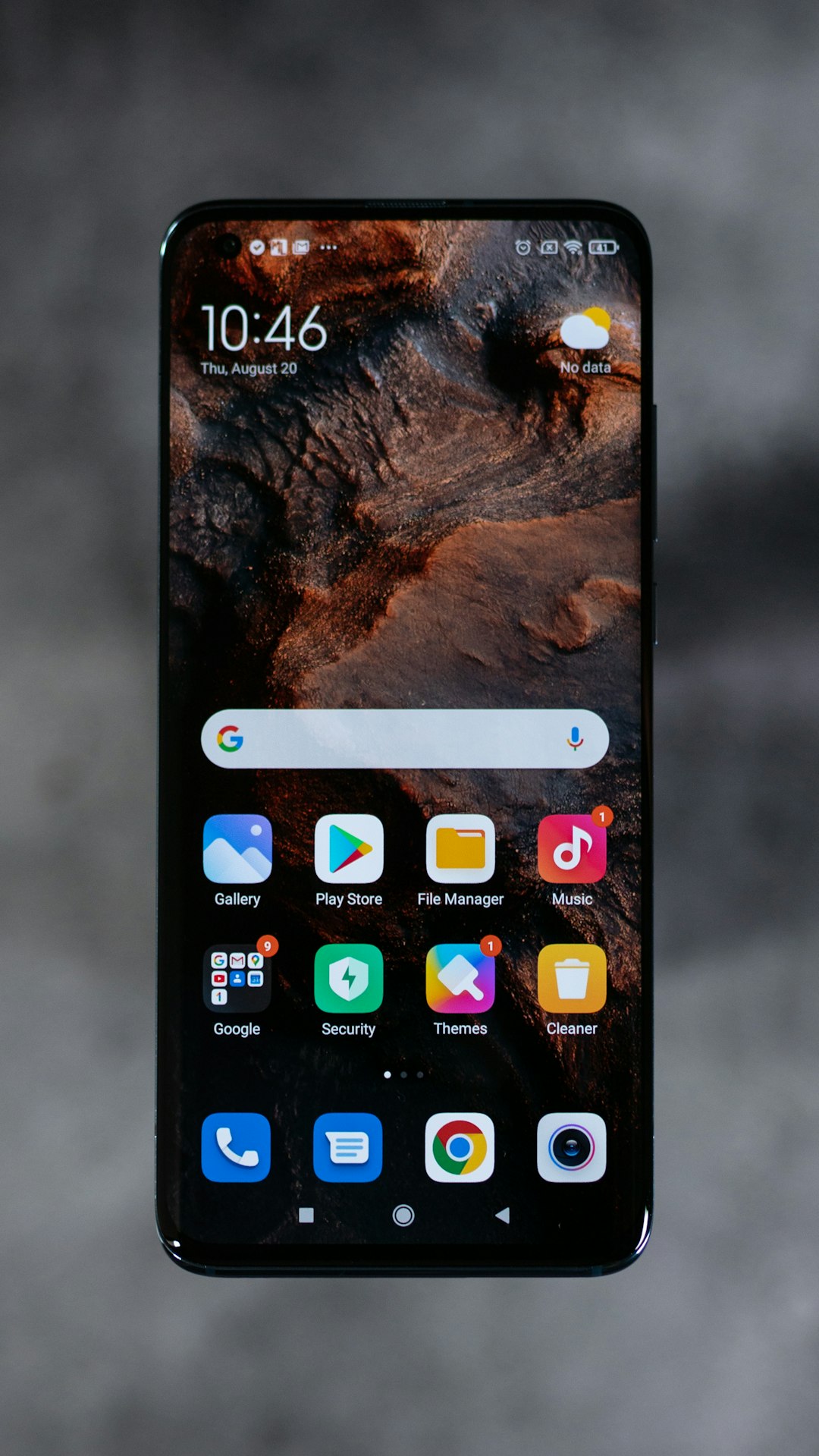In Ohio, strict Do Not Call laws, regulated by the Attorney General's Office, protect residents from intrusive telemarketing. Businesses conducting surveys or sales calls must obtain consent and maintain accurate records to comply with these laws. Individuals facing unwanted calls should consult a lawyer specializing in Ohio's Do Not Call Laws for guidance and remedies against violators. Specialized legal experts can help businesses navigate this landscape, ensuring compliance and avoiding legal issues related to telephone harassment restrictions, especially on survey and research calls that spark debates around their exempt status under the law.
In Ohio, understanding the scope of Do Not Call laws is crucial for businesses engaging in marketing strategies. While these laws protect residents from unsolicited calls, there’s a grey area surrounding survey and research calls. This article delves into this conundrum, exploring whether such calls are exempt, and providing insights from a legal perspective. We examine loopholes and offer essential tips for businesses conducting surveys while maintaining compliance, especially when working with a lawyer for Do Not Call Laws in Ohio.
Understanding Do Not Call Laws in Ohio: A Legal Perspective

In Ohio, the Do Not Call laws are designed to protect residents from unwanted telemarketing calls and sales pitches. These laws are regulated by the Ohio Attorney General’s Office, which enforces regulations to ensure businesses respect consumers’ privacy and consent. Understanding these laws is crucial for both businesses conducting surveys and research calls and individuals concerned about their rights.
A lawyer specializing in Do Not Call Laws in Ohio can provide valuable insights into navigating this regulatory landscape. They can help businesses ensure they comply with state regulations, including obtaining proper consent, maintaining accurate call records, and respecting consumer opt-out requests. For residents, consulting a legal professional can clarify rights and remedies if there’s a violation, ensuring fair practices in telemarketing activities.
The Role of Surveys and Research Calls in Marketing Strategies

Surveys and research calls play a pivotal role in modern marketing strategies, offering businesses valuable insights into consumer behavior and preferences. These tools are instrumental in tailoring marketing efforts to specific target audiences, ensuring that messages resonate with the right people at the right time. Marketers use surveys to gauge customer satisfaction, test new product ideas, and gather feedback on existing offerings. Research calls provide an opportunity for direct engagement, allowing companies to ask detailed questions about consumer experiences and opinions, which can shape future marketing campaigns.
In Ohio, where strict Do Not Call Laws are enforced, businesses must navigate these regulations while utilizing survey and research call techniques. A lawyer specializing in Do Not Call Laws in Ohio can guide companies on permissible practices, ensuring compliance and avoiding potential legal issues. Understanding the balance between effective marketing and respecting consumer privacy is key to leveraging surveys and research calls without violating Ohio’s stringent telephone harassment restrictions.
Are Survey and Research Calls Exempt? Examining the Loopholes

Survey and research calls, while seemingly harmless, have sparked debates regarding their compliance with Do Not Call laws, including those in Ohio. The question arises: are these types of calls exempt from such regulations? The answer is not as straightforward as it seems. While there are indeed loopholes that allow certain calls to bypass traditional restrictions, understanding them requires a closer look at the law’s nuances.
In many jurisdictions, including Ohio, Do Not Call laws aim to protect individuals from unwanted telemarketing or sales calls. However, survey and research organizations argue for an exemption based on the informational nature of their calls. They claim that these interactions are not commercial in nature but rather serve academic or market research purposes. This distinction could mean the difference between compliance and non-compliance with the law, leaving many consumers confused about their rights regarding such calls.
Navigating Legal Compliance: Tips for Businesses Conducting Surveys

Navigating Legal Compliance is essential for businesses conducting surveys and research calls. In the United States, particularly in states like Ohio, the Do Not Call Laws protect individuals from unwanted telemarketing or survey calls. A lawyer specializing in Do Not Call Laws Ohio can provide crucial guidance to ensure compliance. One key tip is to obtain explicit consent from participants before making any calls; this can be done through opt-in forms or verbal agreement during initial interactions.
Additionally, businesses should maintain thorough records of caller identification, call timestamps, and participant responses to demonstrate responsible data handling. Avoiding calls to numbers on the National Do Not Call Registry is paramount, as is respecting individual preferences expressed during or after a call. Regular training for staff involved in survey and research calling can help ensure consistency in adhering to these legal requirements.






